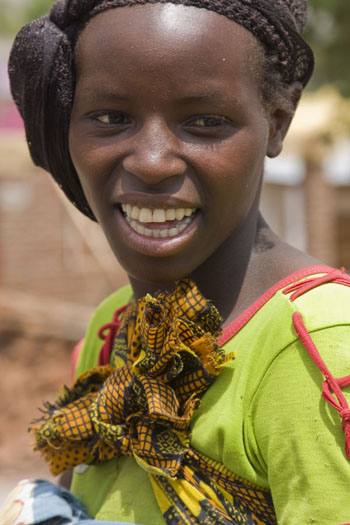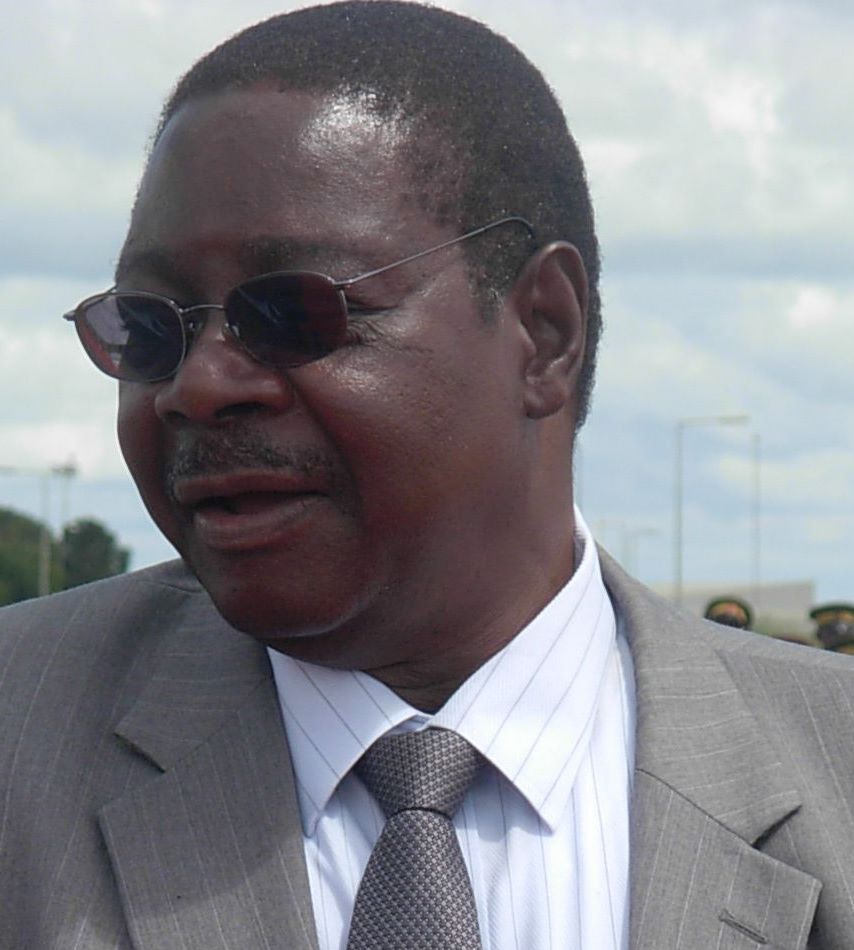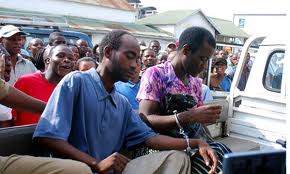A sizeable devaluation of Malawi’s currency, aimed at reinvigorating the economy and wooing back international donors, has triggered steep increases in the price of basic goods and pushed many Malawians deeper into poverty.

Former president Bingu wa Mutharika, who died suddenly in April, had resisted calls by the International Monetary Fund (IMF) to devalue the Malawian kwacha as a way to boost exports, arguing it would cause too much suffering to the poor. The kwacha remained pegged to the US dollar at a rate of 166, creating a parallel informal market in which the dollar was sold at more than 300 kwacha, draining foreign currency from the formal banking system.
Mutharika’s refusal to meet the IMF’s demands – and concerns about his increasingly autocratic style of governance – resulted in a significant loss of donor support that had, at one time, accounted for 40% of the country’s budget. This helped to push Malawi towards financial collapse.
Malawi’s new president, Joyce Banda, has moved quickly to restore relations with donors, in part by meeting the IMF’s conditions for a support package. On 7 May, she devalued the kwacha by nearly 50% and untied the currency from the dollar.
In a Reserve Bank of Malawi statement on the same day, governor Charles Chuka said the move was intended not only to improve the availability of forex and unlock donor flows, but also to reduce demand for imported consumer goods in favour of domestically produced goods. He noted that, since the prices of most commodities already reflected the parallel market exchange rate, devaluation was not expected to trigger further price increases.
However, the prices of many basic items have gone up by as much as 50% and fuel prices have risen by 30%, pushing up the cost of public transport by about 40%.
“The impression I had was that things will come out much better [after the devaluation], but prices for every commodity are going up now,” said Rhoderick Limula, an informal trader from Blantyre, the country’s commercial capital. Economic survival has become more uncertain than ever, he said, adding that with the new prices he could no longer keep his business going and would have to give it up.
The chief executive of the Consumer Association of Malawi, John Kapito, pointed out the country is landlocked and therefore heavily dependent on imports; any weakness in the kwacha was bound to have negative consequences for consumers, but devaluation was a necessary evil, he argued.
“This was an economic reform that Malawi could have introduced some time back, but we decided to hold out and dictate an exchange rate that did not reflect our economic performance,” he said. “I believe this decision was going to be made by anyone in government if we wished well for Malawi in the medium and long term.”
Kapito added that the government needed to implement mechanisms such as salary increases rapidly to cushion vulnerable Malawians from the short-term effects of devaluation. “The state needs also to take into consideration the many Malawians that are not working,” he said. “I believe that the state needs to come very quickly and address the many challenges that Malawians are facing because of this devaluation.”
The government has yet to announce any such measures, but donors have responded with renewed pledges of support. World Bank country representative Sandra Bloemenkamp said the bank was working on a package to help the country’s poor cope with the effects of devaluation.
Britain has agreed to unlock aid frozen last year following a diplomatic spat with Mutharika. The UK’s Department for International Development pledged to release an initial £30m ($47.3m) tranche of urgent funding, £10m ($15.8m) of which will be used to support Malawi’s ailing healthcare system. The remainder will go towards stabilising the economy.
But until aid money starts flowing again and the economy settles down, ordinary Malawians will have to absorb increases in the cost of living.


.jpeg&w=60&q=100&h=60)





.jpeg&w=60&q=100&h=60)





